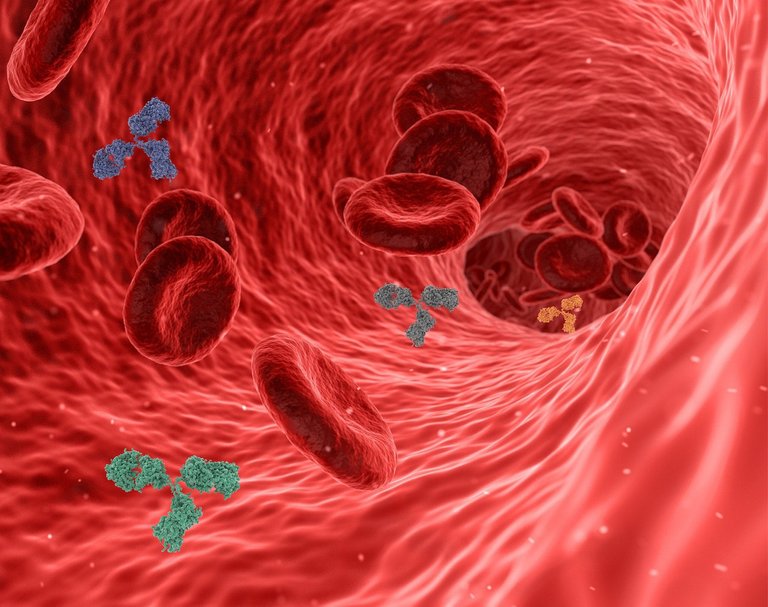Greetings friends!
According to various Scientific researches, an average human body is made up of approximately 30-36 trillion cells. This is a mind-boggling number which is hard to fully comprehend for us. Each of these cells functions in harmony, performing specialized tasks to keep us alive and well.
In addition to these body cells, we also host an incredible number of bacteria. Scientists estimate that around 39 trillion bacteria also live within us. In fact, they are more than our own cells. Alongside bacteria, our body contains a wide variety of other microorganisms, including viruses, protozoa, fungi, and even tiny multicellular organisms like face mites etc. In essence, the human body is like a vast and complex ecosystem in which our cells provide a foundation for this microscopic world to thrive.
Most of the time, these organisms live peacefully with our body cells. In fact, some bacteria are essential for our health. For instance, Escherichia coli (E. coli) live in our gut. It helps in food digestion and prevents harmful bacteria from growing in our digestive tract. Bifidobacterium, another beneficial bacterium, also helps with digestion and supports a healthy intestinal environment.
However, not all bacteria are friendly. Harmful bacteria such as Streptococcus can cause throat infections, and Staphylococcus may lead to infections. Even E. coli, which is typically harmless, can sometimes cause infections under certain conditions. Another bacterium, Pseudomonas aeruginosa, usually coexists peacefully with us. But it is an opportunistic pathogen that can lead to blood infections and pneumonia when our immune system is in a low state.
Fortunately, these bacteria have a natural enemy which is called bacteriophages. Bacteriophages, or phages, are viruses that specifically target and destroy bacterial colonies, often wiping them out within hours. Remarkably, bacteriophages do not harm human cells, making them vital in maintaining balance within our body. Our immune cells also work tirelessly to identify and eliminate harmful bacteria, viruses, and other microorganisms without our realization or thinking about it.
Thus, our body is like a dynamic battleground where microorganisms continuously form alliances, make strategies, and engage in battles for survival every second of our life. Some studies even suggest that bacteriophages can turn a harmless bacterium into a deadly pathogen by altering its genetic material. For example, E. coli, usually a beneficial resident of our gut, can become a harmful pathogen after exposure to certain phages. Similarly, Vibrio cholerae, the bacteria responsible for cholera, becomes pathogenic after infected by a specific phage.
The human body is an extraordinary work of nature. It is a living world full of countless creatures coexisting in harmony and conflict. It’s fascinating to think about how we live day-to-day without even noticing these complex processes happening within us. It is a marvel of an intricate designer. Whether by nature or some higher power, it is a great design and creation which we should respect.
In fact, just as our body is a world for microorganisms, so is the planet on which we live. It is a world for us and countless other species. But unlike the microorganisms that coexist within us, humans often act as a pathogen to the Earth, polluting and damaging the environment in which they live. We should realize this and consider how to live in harmony with our planet, just as the beneficial bacteria within us do. What do you think?
Thanks for reading!

Thank you for posting in the Ecency community
Sending you Ecency points ♥️
Use Ecency every day to boost your growth on the platform!
Thank you so much dear!
You're welcome, keep up the good work 💪